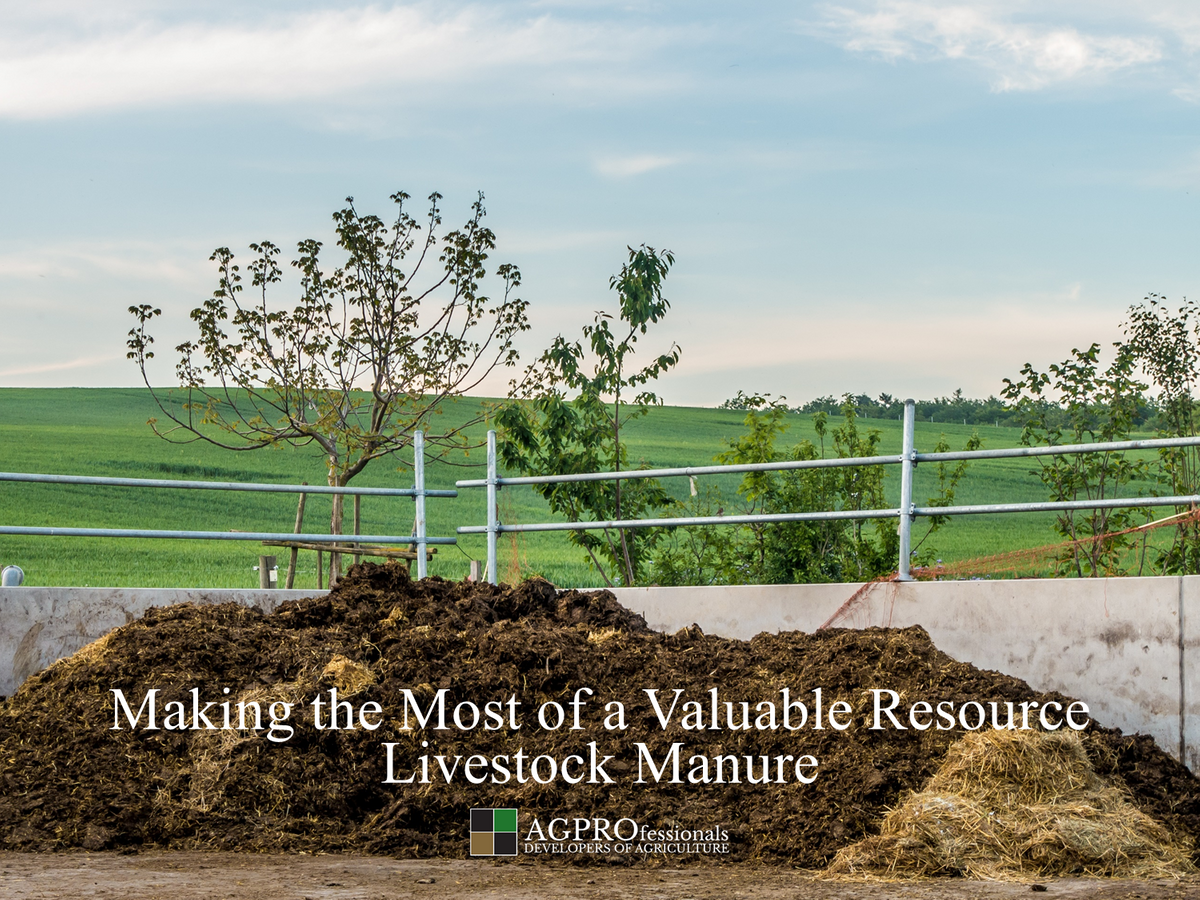Since manure is a valuable resource for farmers and ranchers, it is important to get the most out of it. This process starts with record keeping, collecting regular samples, and developing nutrient management plans. Here are some guidelines to consider:
Manure Samples
- A new operation should collect samples a minimum of once per year for the first three years of operation and then as required.
- Samples should be collected and analyzed if there is a change in diet.
- Consideration should be made to the timing of the sample collection and the timing of manure application.
- Liquid manure samples should be collected in several areas because nutrients can separate and settle.
- · Solid manure samples should not be collected from the surface of the pile but at different depths within the pile.
- If both solid and liquid manure samples are collected at the same facility, they should be combined and thoroughly stirred. Then, an additional sample should be collected from the combined properties.
- Samples should be kept cool or frozen prior to shipping.
Soil Samples and Application
- Soil samples are an important part of the process.
- It is very beneficial to sample and test the soil before application of manure amendments to determine the nutrients currently present and calculate application amounts.
- When calibrating the application, it is important to consider the type of soil, manure analysis, and the crop.
- Taking samples after application will inform the producer about the application's effectiveness and if additional nutrients/amendments are needed.
Understanding the Analysis
- The first step is to understand how the results were reported. For example, the reported values can vary from lab to lab ranging from percentage to pounds per 1,000 gallons or pounds per ton.
- Livestock feeding has changed over the years, and so new values should be considered instead of relying on older data. For reference, there is a new nutrient database collected by the University of Minnesota, which includes information from a variety of laboratories and universities that analyze manure. The link to the database can be found below.
AGPROfessionals On-Point Advantage
At AGPROfessionals, we know how busy producers are and that keeping track of all the environmental requirements can be daunting. Our On-Point Advantage Solutions is a regulatory compliance service you can count on to help our producer clients with recordkeeping and inspection requirements. On an annual basis, our On-Point Advantage Solutions service will conduct sampling and nutrient analysis of manure streams and soils used for land application. In conjunction with the sampling, we will develop agronomic application recommendations. All available records are compiled in an end-of-year summary or report depending on how your facility is permitted and the necessary reporting requirements.
AGPROfessionals offers additional services in permitting, nutrient management planning, groundwater monitoring, liner testing, and certification, and preparing documents needed to meet regulatory requirements. If you are interested in these services, please call our office to speak with someone from our On-Point Team.
Links:
University of Minnesota article about Manure DB HERE
Link to Manure DB HERE
Information about AGPROfessionals' On Point Advantage HERE

